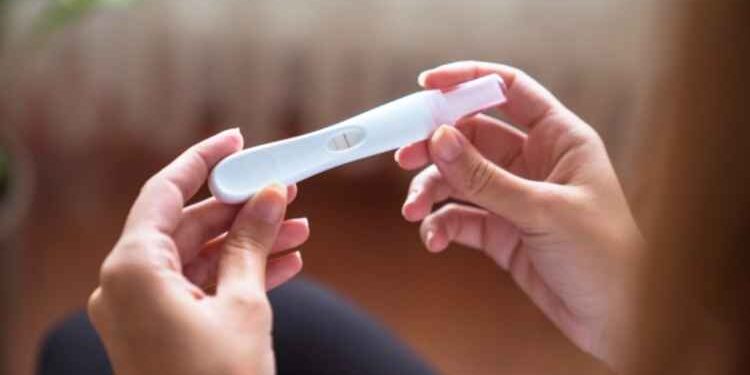Pregnancy tests are an easy and accurate way to know whether you’re pregnant or not. They work by detecting a hormone called Human Chorionic Gonadotropin (HCG) in a person’s urine. HCG is only released and present in your body when a fertilized egg attaches to your uterine lining, and you become pregnant.
But when should you go for a pregnancy test? And most importantly, how to take one? This article will help you with all your concerns regarding testing for pregnancy.
When can you take a pregnancy test?
Before taking a pregnancy test, know that your body needs at least seven to 12 days to develop detectable levels of HCG hormones. Hence, you should wait for a minimum of one or two weeks after you had sex or missed your periods. Know that testing early may provide you with inaccurate results.
Besides, here are some early signs of testing for pregnancy.
1. Missed periods
Missed periods can be one of the first and most reliable signs of pregnancy. Hence, make sure to track your menstrual cycle closely and consider taking a test if you’re around a week late on your periods. Meanwhile, know that periods can sometimes be delayed due to stress, improper diet, or certain medical conditions.
2. Sore breasts
During pregnancy, the level of estrogen and progesterone hormones increases, and your body undergoes certain changes to support a baby’s growth. Your breasts may feel tender due to increased blood flow, and the veins under the skin look darker. As many women experience sore breasts during the early days of their menstrual cycle, this symptom isn’t always indicative of pregnancy.
3. The feeling of nausea and exhaustion
Early pregnancy may cause nausea, food aversions, frequent urination, and exhaustion. These symptoms may worsen before your HCG levels even out. Therefore, be aware of any unusual physical changes and consult a doctor if and when needed.
4. Contraceptive failure
Contraceptive devices like birth control pills and condoms do not provide 100% protection from pregnancy. Birth control pills can be difficult to take each day, and condoms can break and tear or be used incorrectly. Hence, even with the most effective birth control methods, there’s always a slight chance of pregnancy. If you experience contraceptive failure and observe any or all the above-listed symptoms, consider taking a pregnancy test.
How do pregnancy tests work?
The pregnancy test works by reacting to the amount of HCG present in your body. In a urine test, a piece of reactive paper detects the hormone level and displays the results either by showing:
- a symbol (plus or minus sign)
- a change in color
- single or double vertical lines
- the words ‘pregnant’ or ‘not pregnant’
Alongside, in a blood test, your provider will take your blood sample and send it to a lab for analysis. Blood tests are more accurate than urine tests as they can detect even the smallest amount of HCG in the very early stage of pregnancy, i.e., within 9 to 12 days of conception. However, they’re quite expensive, and the results may take longer than the home pregnancy test.
